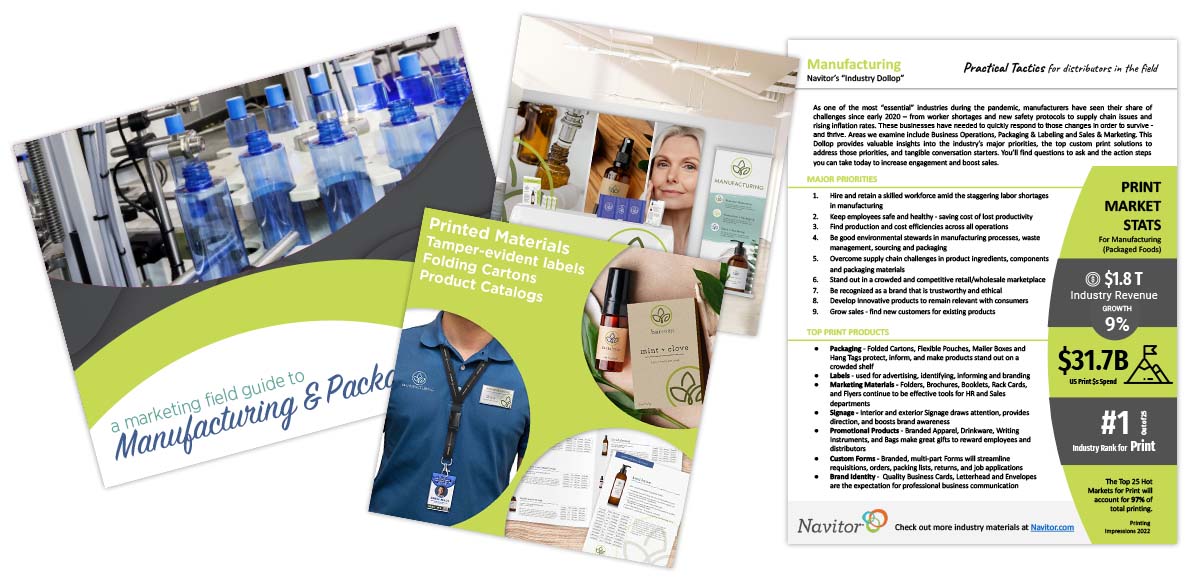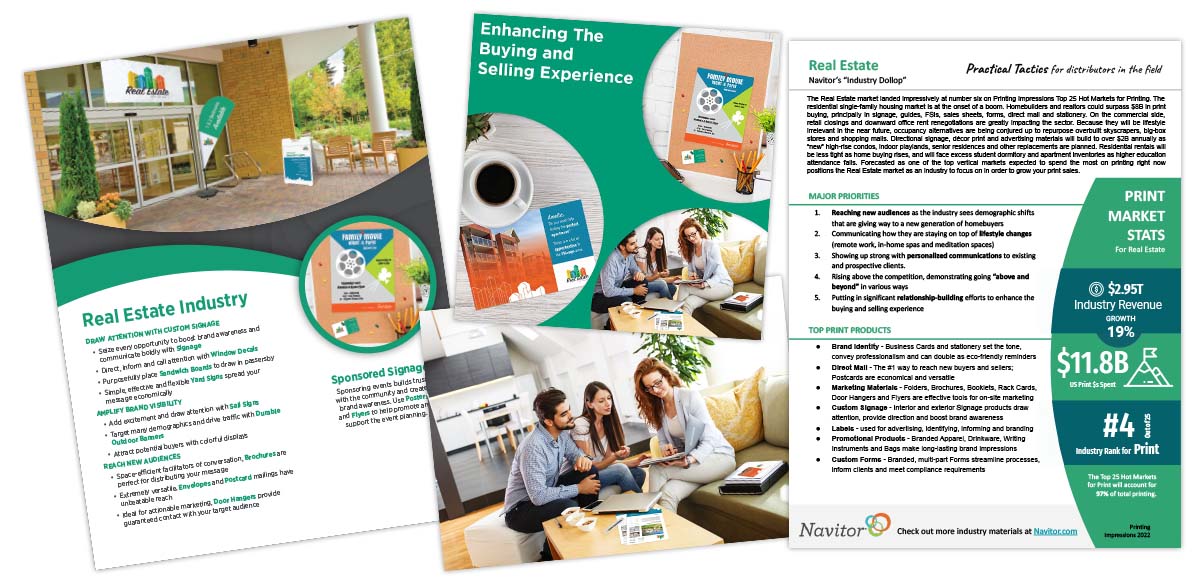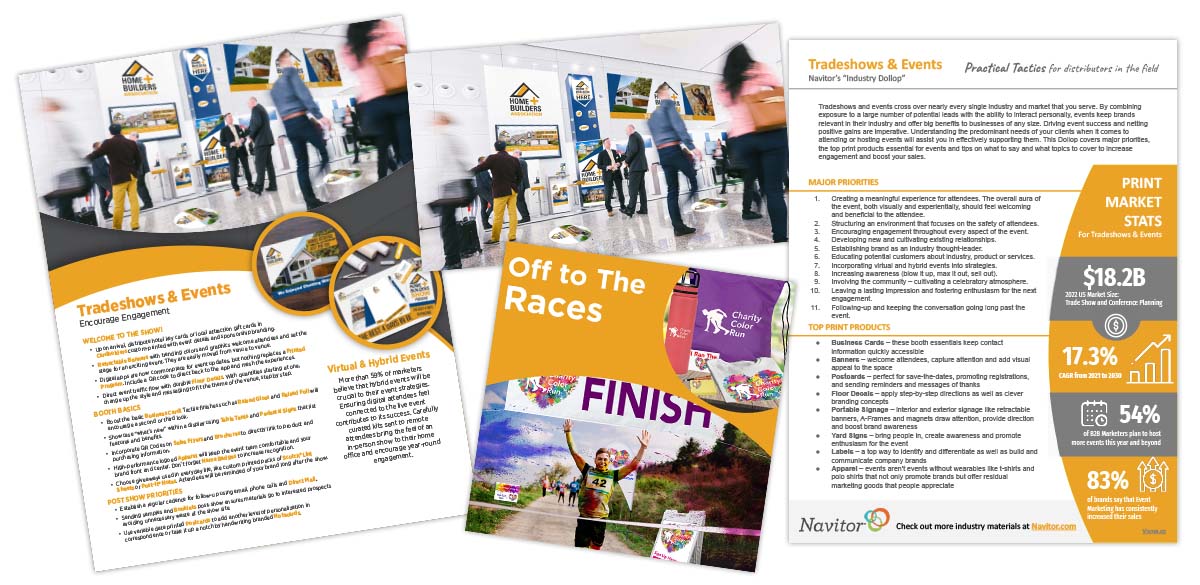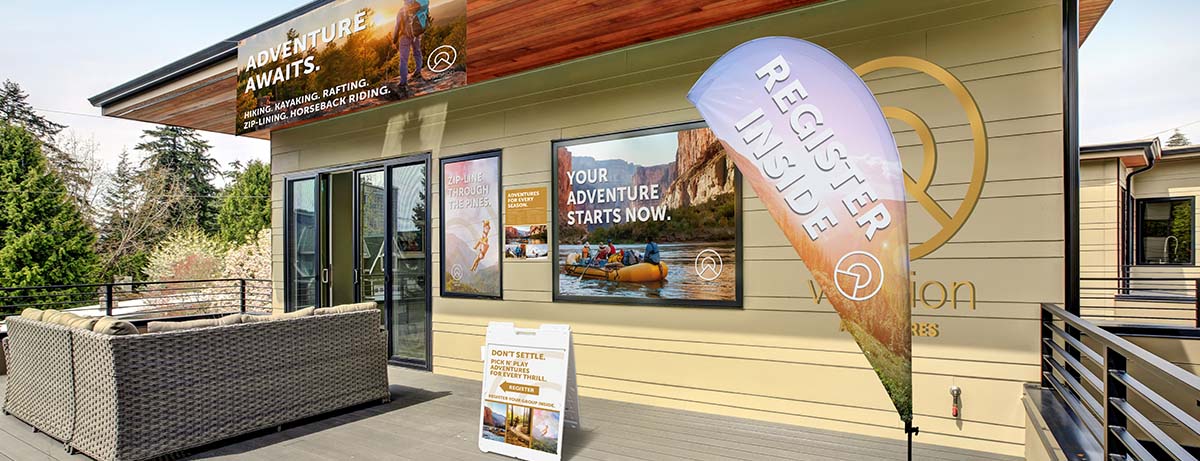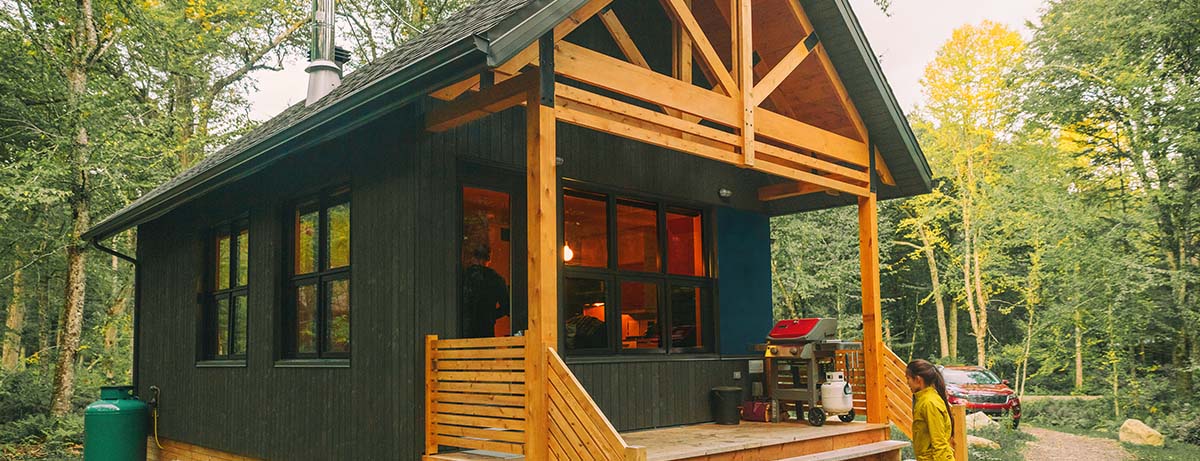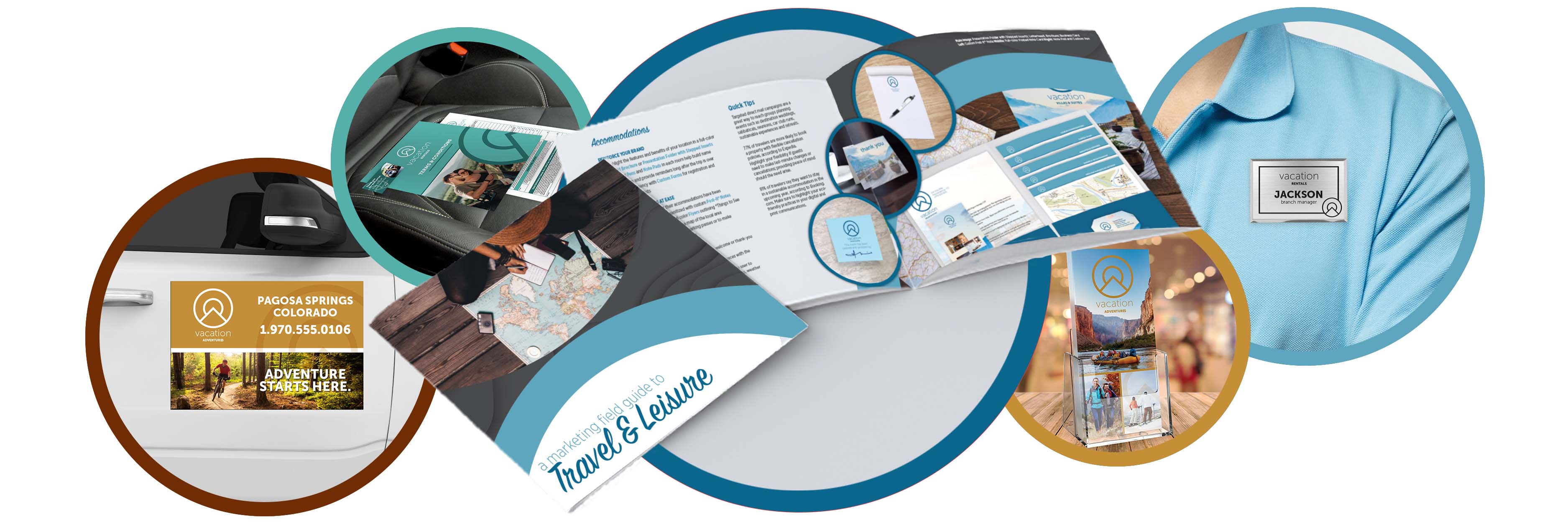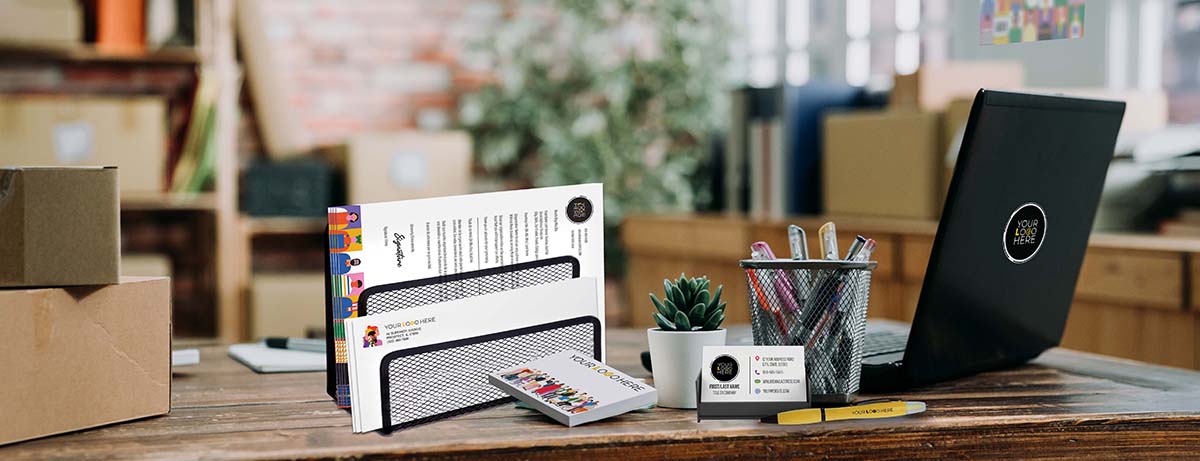
Did you know that almost 50% of our country’s total workforce is employed by small businesses? How about the fact that even though in the last decade it is typical for approximately 600k new businesses to be registered each year, American entrepreneurs started over 5.4 million new businesses in 2021? This is the highest total on record. Startups and small businesses present ample opportunities for print sales. Before we get into what they are buying, let’s take a look at what differentiates the two.
Startups and small businesses
Startups are young companies founded by entrepreneurs who have developed a unique product or service for which there is likely demand. Rooted in innovation, startups are ventures that are focused on a single something that aims to remedy deficiencies or to create entirely new categories of goods and services. Regular companies, for the most part, duplicate what’s been done before. A startup aims to create an entirely new template. Another key factor that distinguishes startups from other companies: speed and growth. Startups aim to build on ideas very quickly. Generally, the intent of the startup founder is to disrupt the market with an impactful business model, and then take over the market.
A small business, on the other hand, is a self-sustaining organization that has a business model that isn’t something that simply will work down the line, instead generates revenue from day one. To operate a small business, you don’t need a big market to grow into. You just need a market and you need to be able to reach and serve all of those within that market in an efficient way. Examples of a small business are a local deli, coffee shop, plumber or electrician. None of these are disrupting an industry, instead they are attempting to be profitable within it.
The differences and similarities
A startup wants to scale up quickly. Startups are often fresh, innovative, collaborative and focused on growth, while small businesses typically fall into an already proven and established model, and are focused on cost efficiencies and productivity. The commonalities that small businesses and startups do share are the requirements to introduce their brand, build their brand and make their brand stand out.
Top industries for startups
Researching the best startup industries can not only help you identify some sectors you can connect with, it points you in the direction of emerging industries that will provide you with more opportunities for success. To follow is a snapshot of the industries that are getting underway.
The top ten startups of 2022:
- Health Care & Virtual Med
- Accommodation & Food Service
- Art, entertainment and craft
- Personal Trainers (online)
- Site Building & Web Design
- Local Auto Repairs
- Second Hand (online) stores
- Pet services
- Dropshipping
- Real estate
Marketing essentials and branding products are crucial for introducing a small business or a startup to the market, helping to build the brand and make that brand stand out.
Introducing brands
Exhibiting originality with branded business identity products helps tell a brand’s story. Business Cards legitimize a business in very fun and unique ways, ranging from high-end features like emboss, foil and geometric shapes, to budget and DIY options like painting, dipping and watercolor splotches. With variable print, they no longer need to all be the same, brands can try different colors or patterns that continue across the run to create a sort of puzzle of business cards.
Thoughtfully designed Packaging can deepen a brand’s impact. From Folding Cartons to Pouches, the container itself is a valuable part of the customer experience. Adding a branded Sticker to internal wrapping or a cute Stamp seals it all together.
Including a branded Notecard Insert, Postcard or Post-it® can help build an immediate connection with customers. Tactile finishes such as raised gloss and raised foil will add an elegant and memorable touch.
Building brands
Product Labels also tell a story. Research shows that well-designed labels have the power to build brands, create preference and drive impulse purchases.
High-quality branded Apparel and Merchandise can turn employees and customers into walking, talking endorsements of a business or product line. Brands can build loyalty and engagement through promotional giveaways, including Branded Gifts for events and sponsorships.
Yard Signs, Banners, and A-frame Signs are instrumental in attracting passersby. Interior signage like Window and Floor Decals help expand the retail square footage without increasing the rent. Table Tents and Pedestal Signs provide necessary contactless payment options like Venmo, ApplePay and more.
Setting up an Online Corporate Store with branded products like Business Identity Products for both marketing and operations, and Badges for new employees, Apparel and Promotional Products for big events and much more, helps establish a brand’s foundation. Products can be ordered from inventory or printed on demand.
Making brands stand out
A brand can diversify their strategy to make it as visible as possible with Variable Print or they can defy norms by trying different colors or patterns on customer-facing materials. Show the boldness of a brand’s personality by changing up Envelopes and Letterhead with options that help brands stand out from the crowd. Brands can increase visibility for grand openings or for operating business as usual with signage products like Feather Flags, and Window and Door Decals that showcase the value they are bringing to the community.
The takeaway
There’s no question the proliferation of startups and small businesses presents tremendous opportunities for print sales for you and we’d like to help. Are you ready to cultivate new business in this exciting market? Whether introducing the brand, growing brand visibility or exhibiting the brand’s originality, this sector is a hot market ripe for print sales. Find out more about your opportunities for sustainable revenue by checking out our Startups and Small Businesses flyer, loaded with information to help you jump start selling to this worthwhile industry.



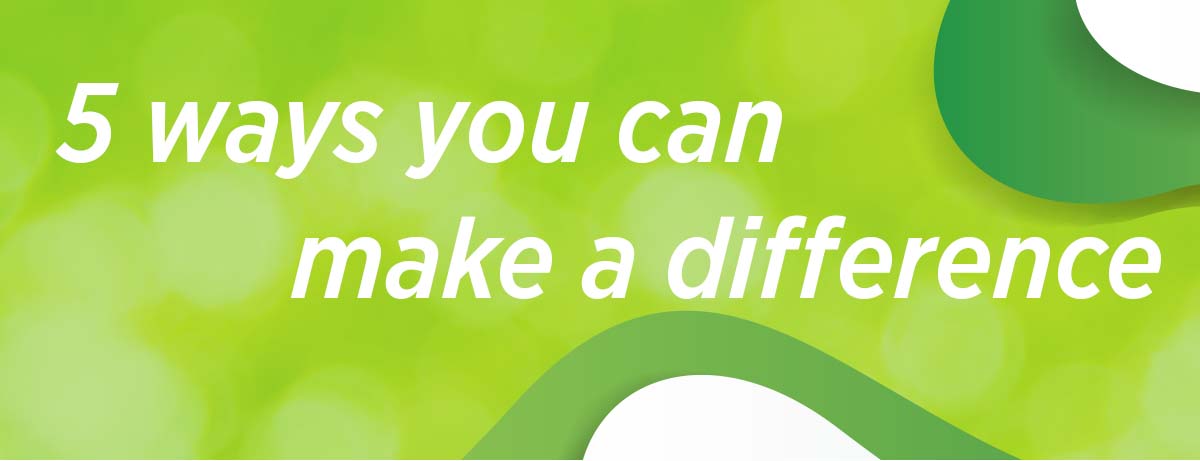
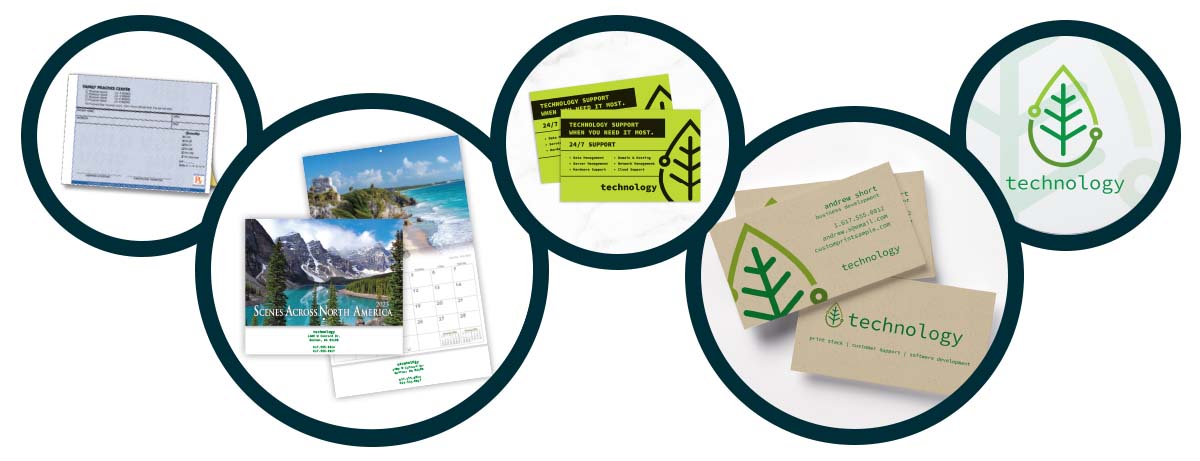
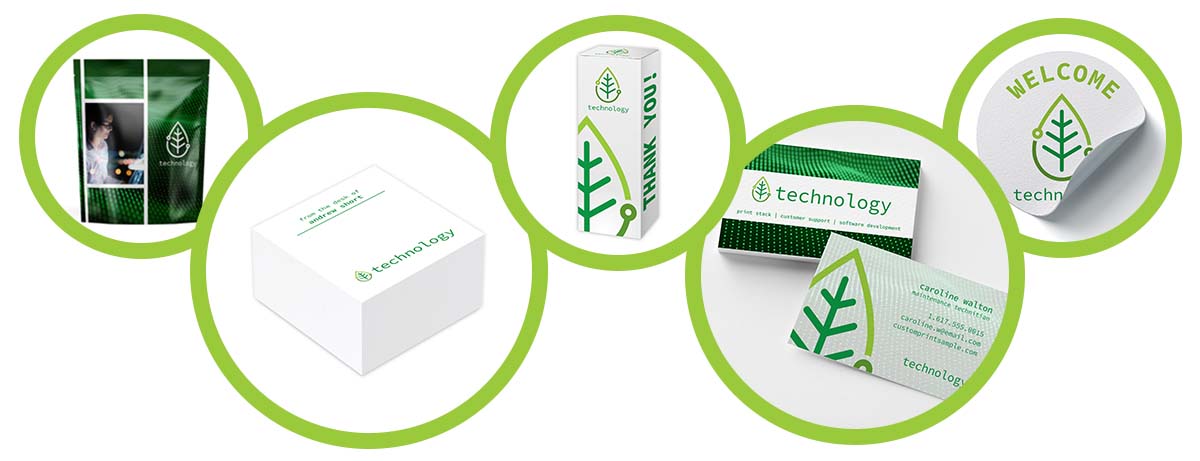
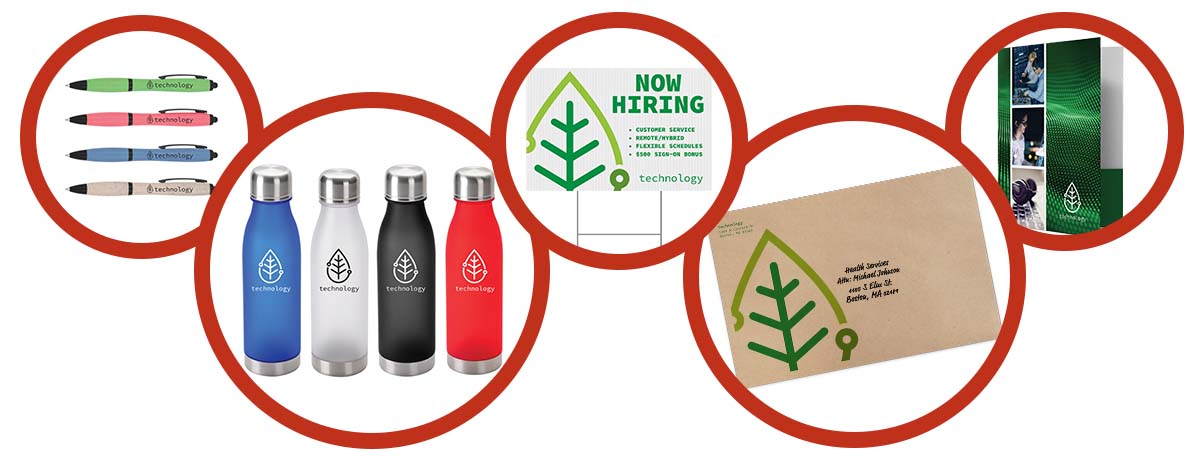
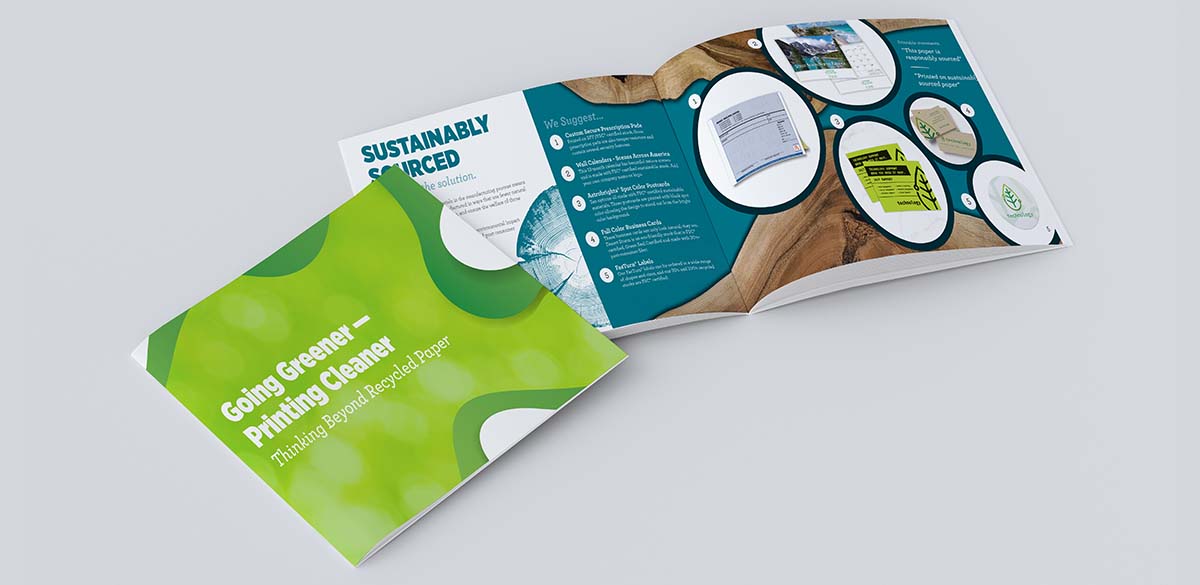
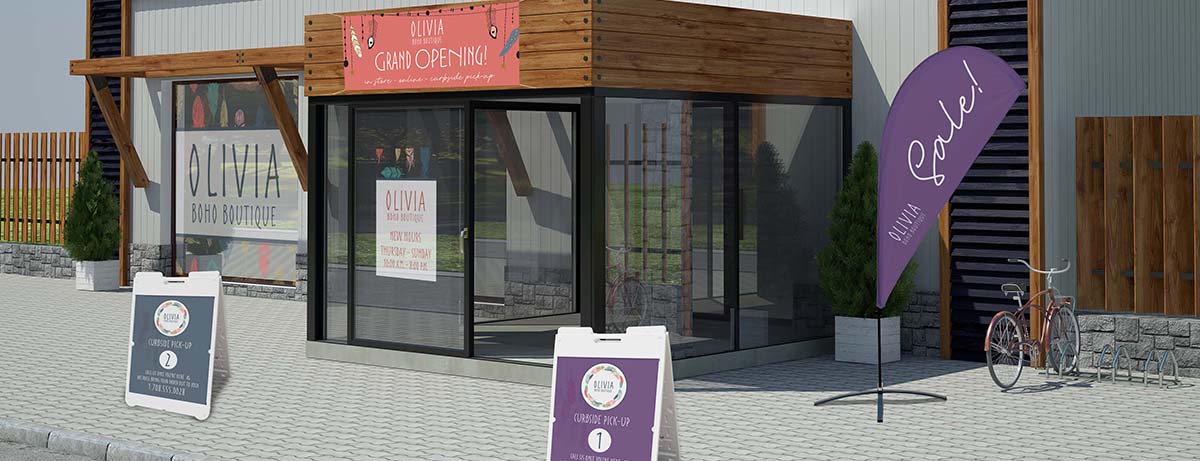
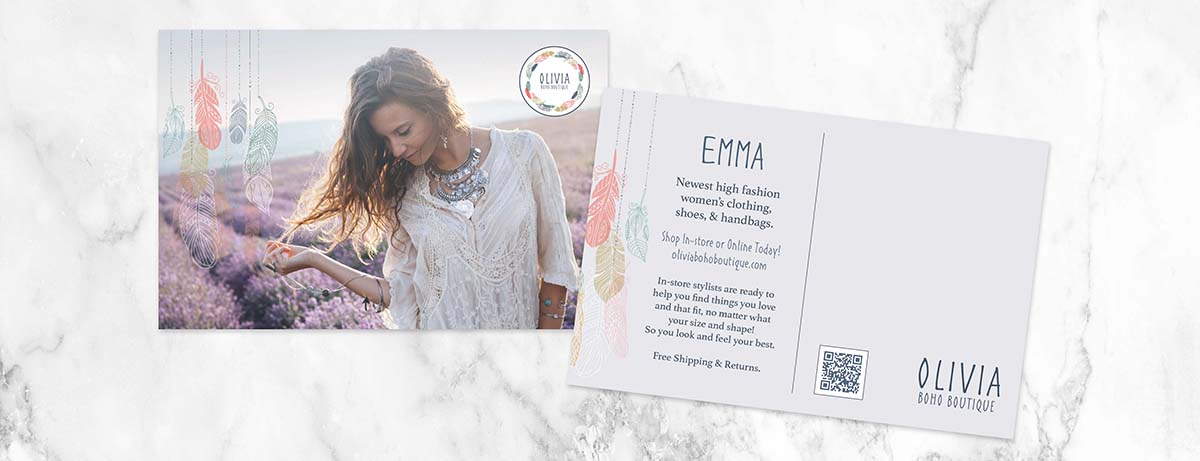
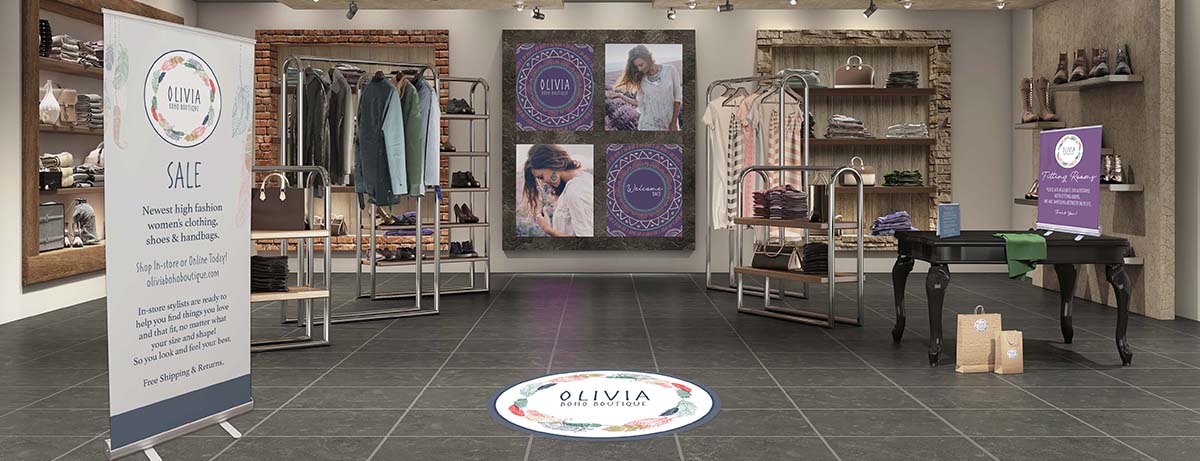
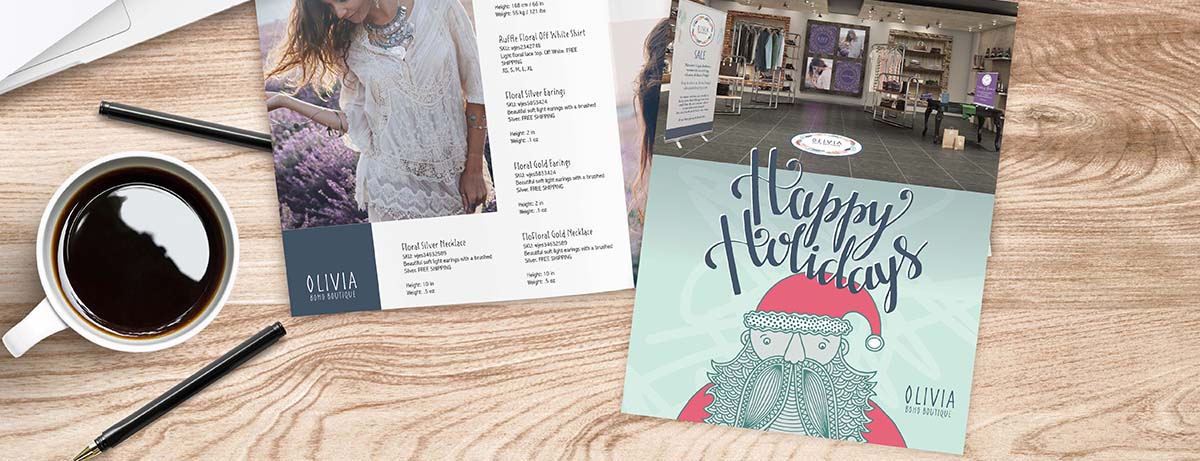
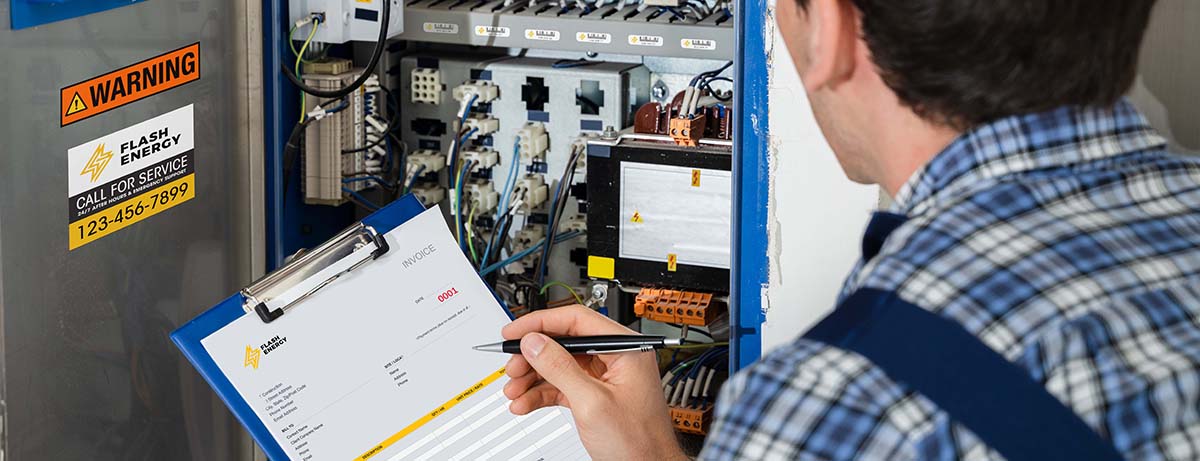

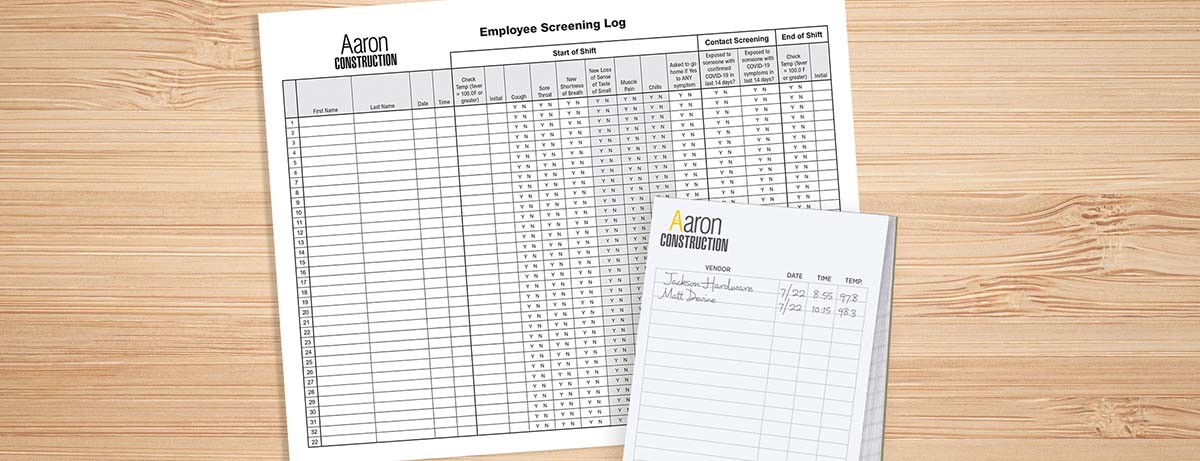




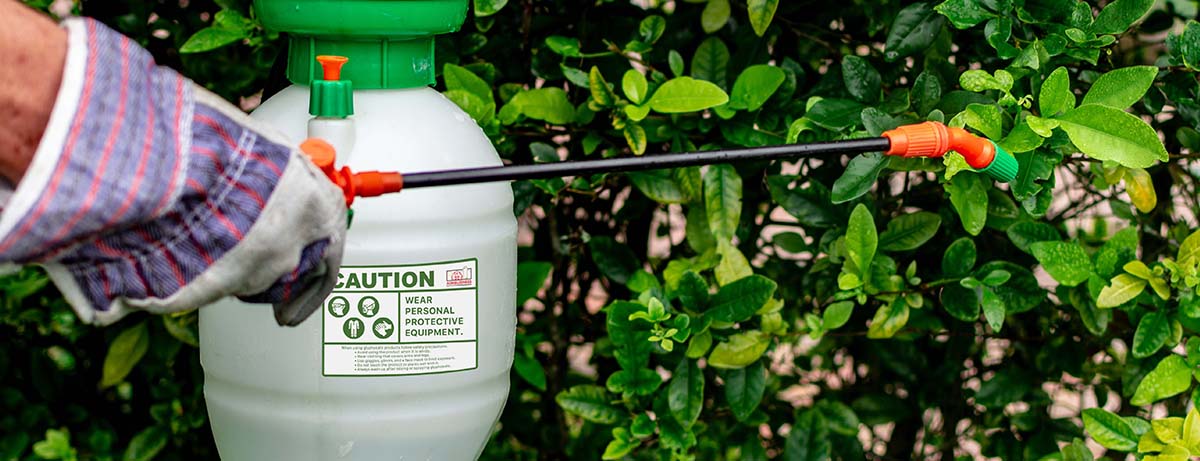


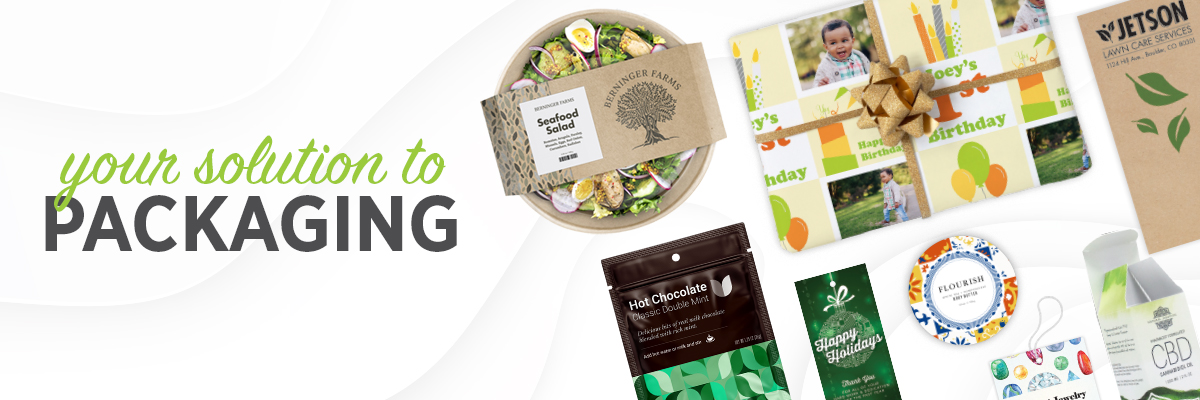
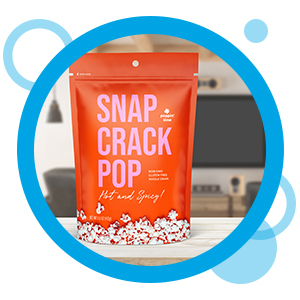 Growing numbers of product manufacturers are switching to flexible packaging thanks to its commanding shelf appeal, protective properties, consumer ease of use and prime storage advantages post-purchase. Flexible packaging is the combination of technology and innovation, and comes in different shapes, designs and sizes, making it truly flexible. It adds value and marketability and helps brands stand out from the competition and solidify their unique brand identity with every product they sell.
Growing numbers of product manufacturers are switching to flexible packaging thanks to its commanding shelf appeal, protective properties, consumer ease of use and prime storage advantages post-purchase. Flexible packaging is the combination of technology and innovation, and comes in different shapes, designs and sizes, making it truly flexible. It adds value and marketability and helps brands stand out from the competition and solidify their unique brand identity with every product they sell.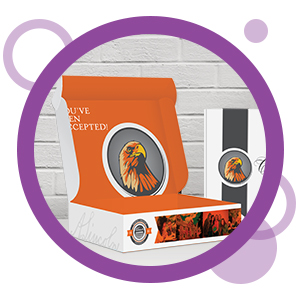 High quality paperboard folded cartons stand up and stand out with innovative printing and finishing methods. We specialize in short-run quantities for the changing retail market where niche brands, regional product introductions and burgeoning “micro” markets demand high quality packaging in smaller quantities. Our folded cartons are a brilliant solution to hold anything from non-contact food and beverage products to business cards to health and beauty products.
High quality paperboard folded cartons stand up and stand out with innovative printing and finishing methods. We specialize in short-run quantities for the changing retail market where niche brands, regional product introductions and burgeoning “micro” markets demand high quality packaging in smaller quantities. Our folded cartons are a brilliant solution to hold anything from non-contact food and beverage products to business cards to health and beauty products. Labels and packaging are the dynamic duo. They go hand-in-hand. Whether you print a full color carton or pouch, labels provide an added piece of valuable real estate. Our vast label offering provides every brand a unique opportunity to include an added touch to their package. For example, if your customer prints a large quantity of a folded carton with the same artwork for each variety, they can add a label to provide product-specific information without having to run a package for each variety. A cohesive label and package presentation will create an impactful lasting impression to be remembered in the minds of consumers.
Labels and packaging are the dynamic duo. They go hand-in-hand. Whether you print a full color carton or pouch, labels provide an added piece of valuable real estate. Our vast label offering provides every brand a unique opportunity to include an added touch to their package. For example, if your customer prints a large quantity of a folded carton with the same artwork for each variety, they can add a label to provide product-specific information without having to run a package for each variety. A cohesive label and package presentation will create an impactful lasting impression to be remembered in the minds of consumers.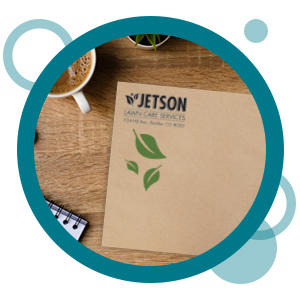
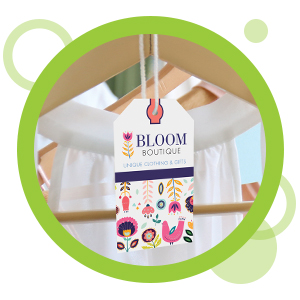 Hang tags are an excellent way to give your customer’s product added brand charisma and allure. Hang tags are not just for clothes, they can be added to the outside of a folded carton, around the neck of a wine bottle or used as a personalized message on a gift. Available in a variety of shapes, sizes and stock options for a plethora of appealing possibilities to fit your customer’s needs and captivate consumers.
Hang tags are an excellent way to give your customer’s product added brand charisma and allure. Hang tags are not just for clothes, they can be added to the outside of a folded carton, around the neck of a wine bottle or used as a personalized message on a gift. Available in a variety of shapes, sizes and stock options for a plethora of appealing possibilities to fit your customer’s needs and captivate consumers.



